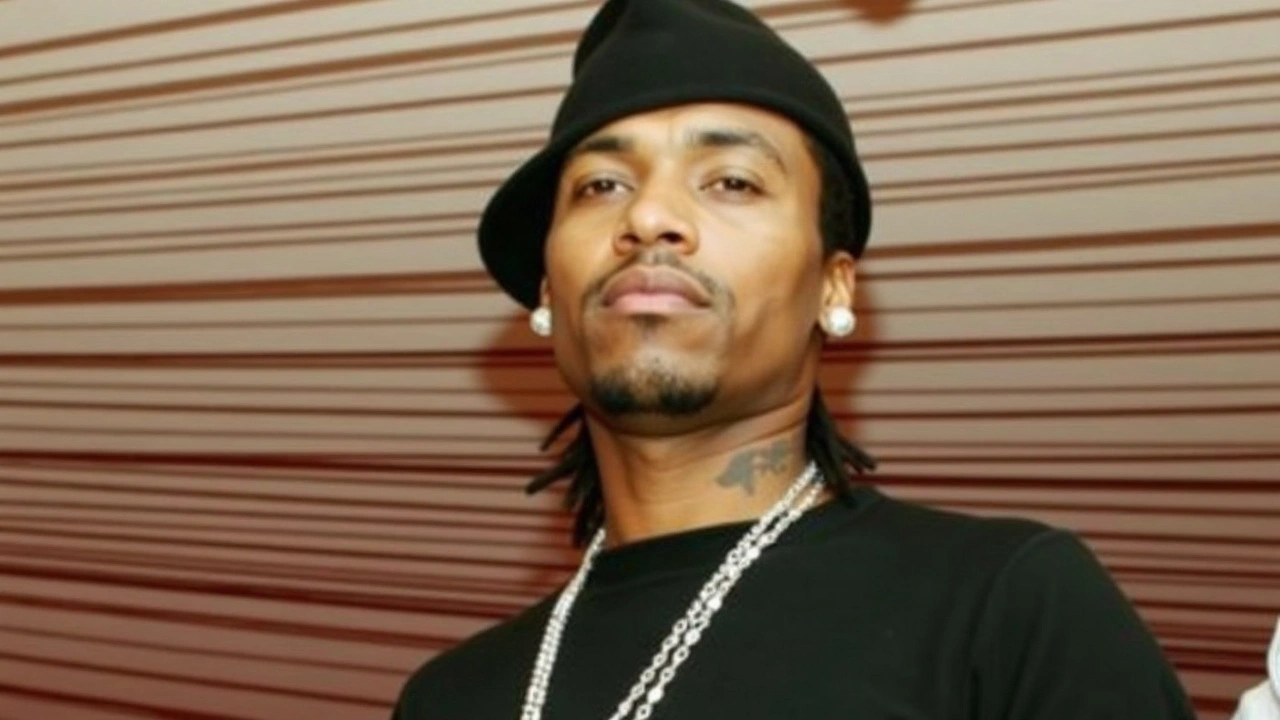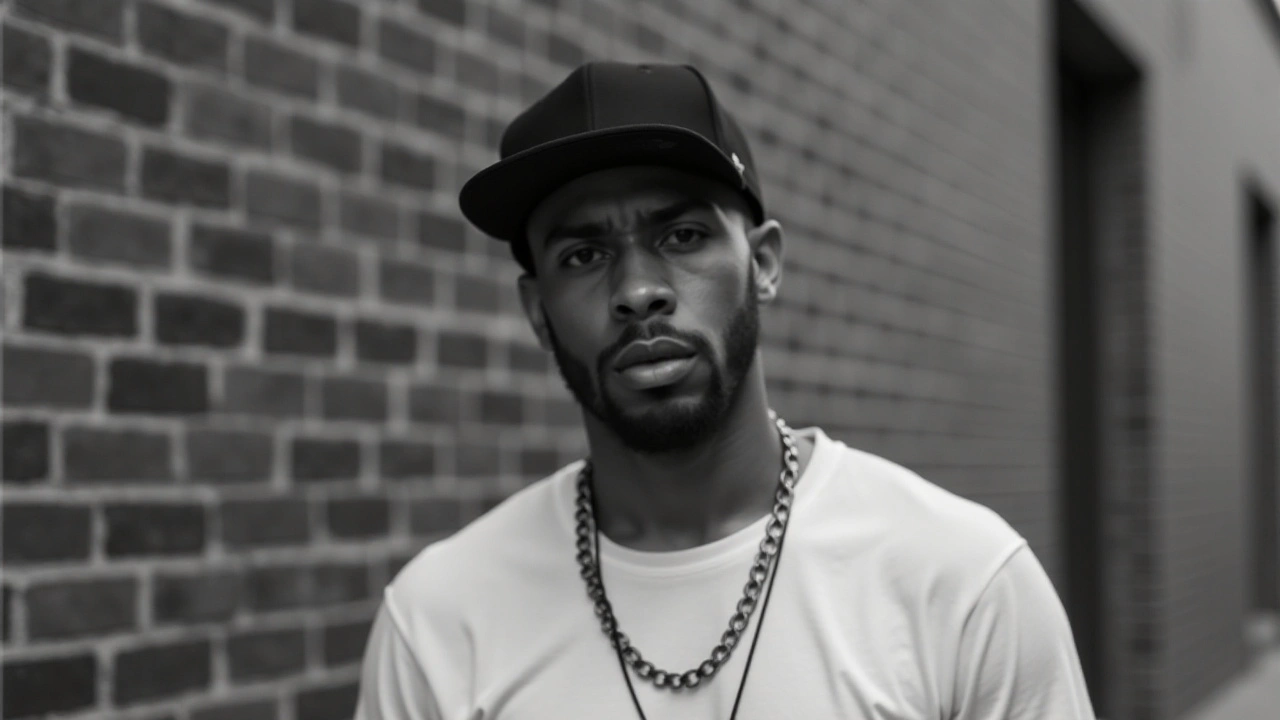The End of Confinement for Big Meech
Demetrius 'Big Meech' Flenory's story has taken a dramatic turn with his recent transition from federal incarceration to community confinement. As the co-founder of the Black Mafia Family (BMF), a notorious crime enterprise with roots deeply embedded in drug trafficking and money laundering across the United States, his name has long been synonymous with one of the country's most significant criminal organizations. Arrested in 2005 and sentenced in 2008, Flenory faced 30 years behind bars, a sentence that court officials later deemed worthy of reduction. Earlier this year, legal maneuvers resulted in a nearly three-year decrease of his incarceration, surprising many who expected his release much later, around 2025 or 2026.
From Federal Prison to Florida's Freedom
Transferred quietly from FCI Coleman Low in Wildwood to a halfway house in Florida, Big Meech now finds himself under the oversight of the Bureau of Prisons' Miami Residential Reentry Management Office. This move is not just a change of scenery but represents a significant shift in status—from an inmate counting days to a man with a renewed sense of liberty, albeit monitored. Community confinement is a halfway step toward freedom; it allows former inmates to reintegrate into society under specific conditions. For Big Meech, it marks the beginning of a new chapter in a life characterized by both notoriety and influence.
The Black Mafia Family's Rise and Fall
The Black Mafia Family, co-founded by Big Meech and his brother Terry 'Southwest T' Flenory, emerged in the late 1990s as a powerful criminal syndicate. With operations spread across several states, BMF was not only known for its multi-million dollar drug trafficking enterprise but also for its extravagant lifestyle and influence in the hip-hop industry. Their reach extended beyond the underworld as they mingled with artists, producers, and promoters, becoming a name as provocative as it was feared. In secretive fashion, however, law enforcement agencies were meticulously developing cases against them. The organization’s apparent invincibility unraveled in 2007 when federal authorities executed a well-planned takedown after years of investigations, ending the brothers’ reign and crippling the syndicate's operations.
Legal Battles and Sentence Reductions
Big Meech's early release is not without controversy and curiosity. His original 30-year sentence, while severe, was considered fitting by those familiar with the magnitude of his crimes. However, an appeal for clemency was met with some degree of sympathy from the judicial system, acknowledging his behavior in prison as a contributing factor in his sentence reduction. It's a testament to the complexities of the justice system, where human behavior and rehabilitation efforts can alter predetermined fates. For supporters, this presents a hopeful narrative of change and redemption, while for skeptics, it raises questions about the appropriateness of such early releases for high-profile criminals.
Reintegrating into Society
As Big Meech embarks on this new journey, the path to becoming a regular member of society comes with its own set of challenges. Being under community confinement requires adherence to specific protocols aimed at preventing recidivism. Rules and supervision exist as protective measures, ensuring societal safety while fostering rehabilitation. Big Meech's case will be watched closely, both as a potential success story of reform or an example of the difficulties faced by former felons during reintegration. His transition may ignite discussions on the rehabilitation of high-profile criminals and the prospects for their successful return to society.

The Future of the Flenory Legacy
The Flenory family, once heralded as architects of a vast criminal empire, now faces a new reality. As Big Meech steps away from his past, societal pressures will undoubtedly weigh on his decisions and actions. The world he returns to is vastly different from the one that was disrupted by his and his brother's actions so many years ago. With Terry Flenory also serving time but having received partial clemency, their individual journeys might set a precedent for how communities perceive and welcome those who have served time. For now, however, the focus remains on Big Meech as he transitions from a life of infamy to one of cautious optimism in community confinement.
